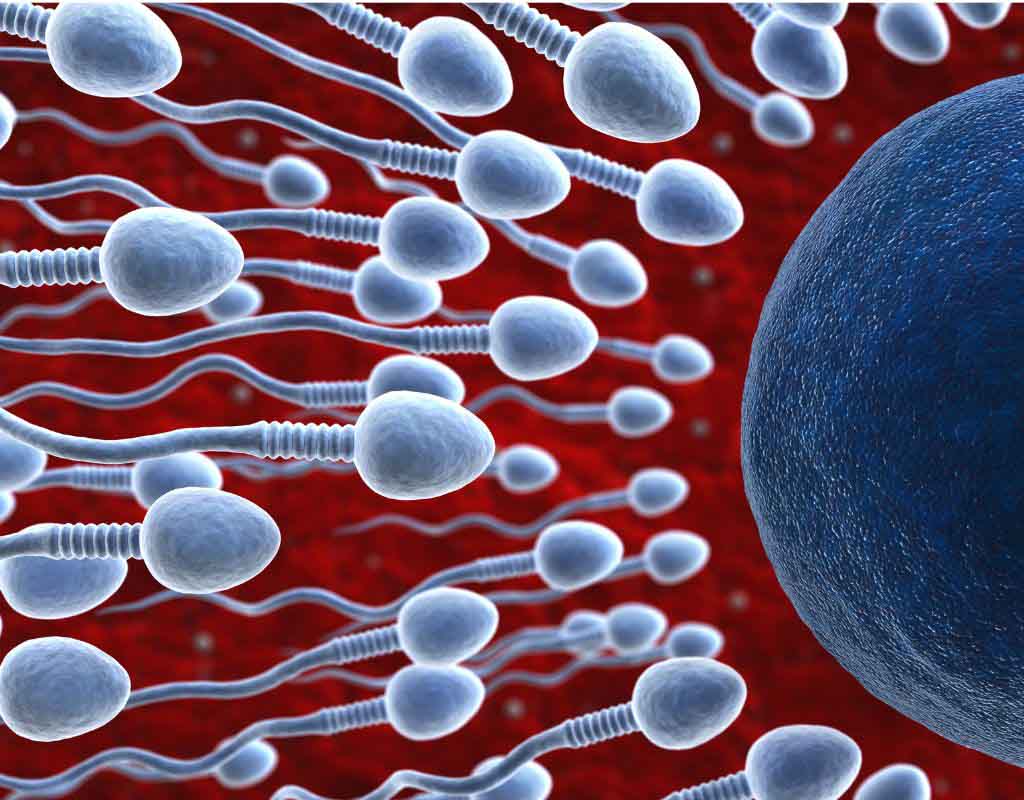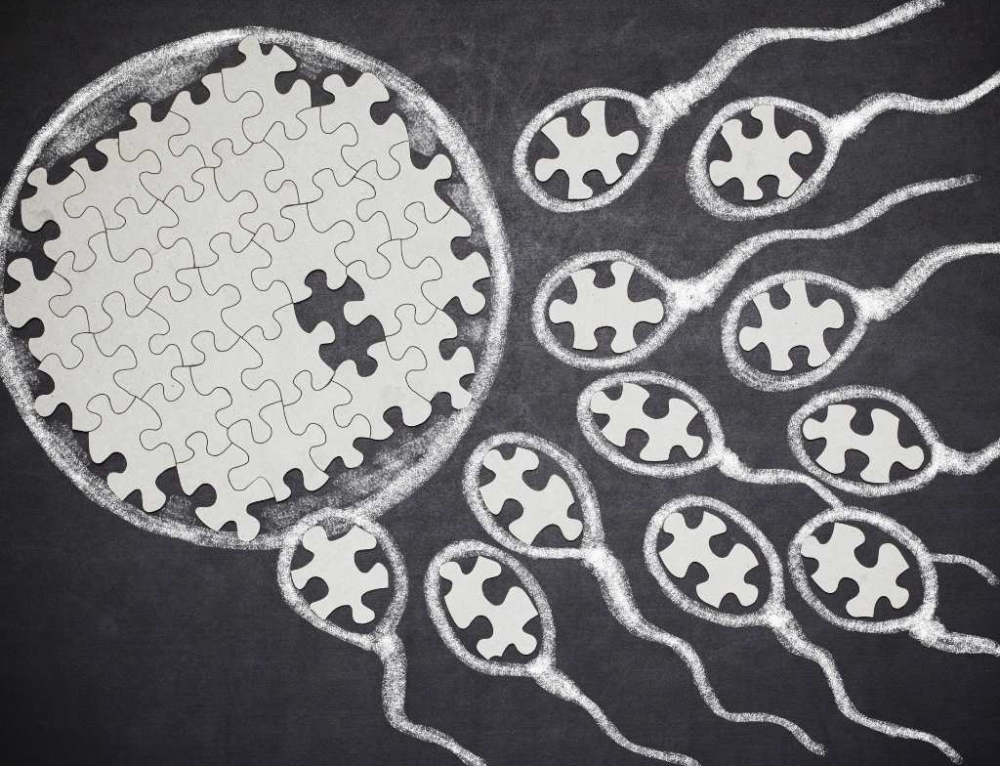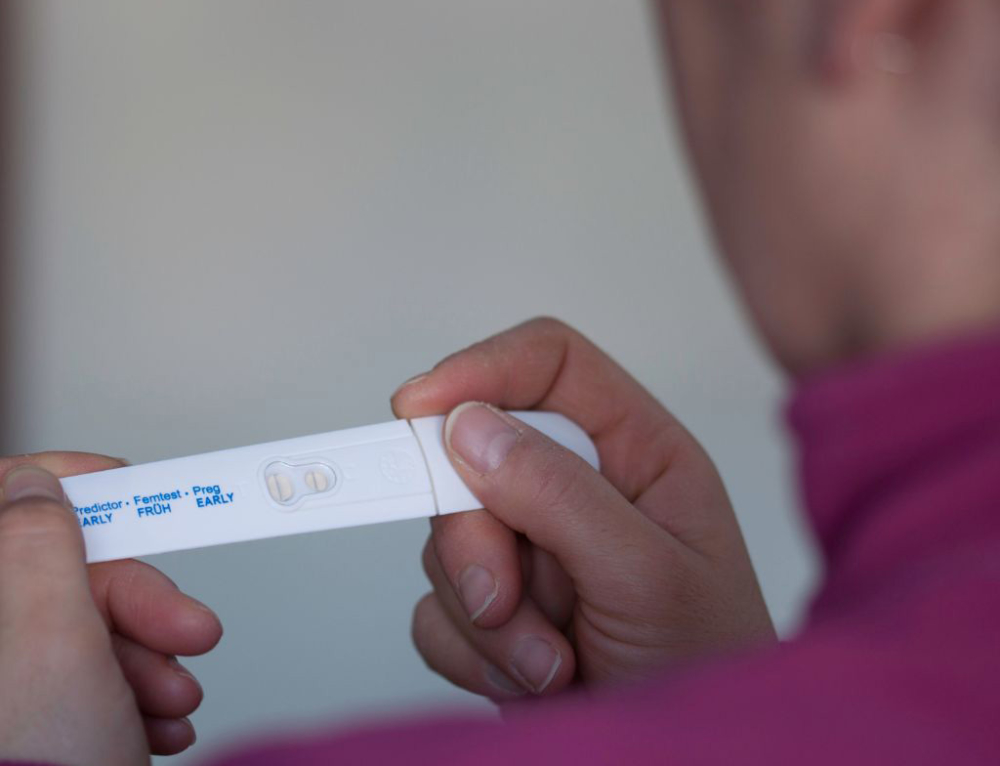Unless you’re trying to make a baby, you probably haven’t given a lot of thought to how healthy your sperm are. You probably just assume they are ready on stand-by, waiting to leap into action. But getting pregnant really does take two!
We take a look at the importance of sperm health and what you can do to help ensure your swimmers are ready to go.
The role of sperm
Essentially, conception takes place when, after ejaculation, a sperm makes its way through the cervix, uterus, and fallopian tubes and then manages to penetrate the outer layer of an egg and fertilise it.
There are three key factors that make up sperm health and consequent fertility: quantity of sperm ejaculated, motility, and structure.
Generally, there are up to 15 million sperm in just one millilitre of ejaculation but too few can mean fertility is reduced. It is also considered that at least 40% of the 15 million need to be able to move (motility).1
Finally, the sperm needs to have a nice structure (also known as morphology) that includes an oval head and a long tail to propel it forward.
There are several things that can cause problems with the number, motility or morphology of sperm including hormone or pituitary gland problems, immune and genetic issues, ages, as well as the impact of illnesses, environmental and lifestyle factors.
Some of these things are out of your hands, and you may wish to speak to your healthcare professional if you are concerned about any of the above factors, but there are some things you can do to increase your chances of producing healthy sperm.
Diet, weight, exercise and stress
Moderate exercise can boost sperm count and quality in just weeks while also increasing sex drive.2 Exercise also has a knock-on effect of helping to maintain a healthy weight and reducing stress, both of which can affect fertility.
Studies show that semen quality is optimised by eating a diet that favours seafood, poultry, nuts, whole grains, fruits, and vegetables and avoids foods that are high in saturated or trans fats. Oysters, green vegetables, nuts, whole grains, and fruit are a sperm’s friend, while processed food is not.3
Sexual health
Sexually transmitted infections (STIs) can cause major problems with sperm so if there is a chance of an undiagnosed STI, have a chat with a doctor or a sexual health provider and get checked.
Get quitting
It’s a fact that smokers and vapers are more likely to have low sperm counts while heavy drinking can lead to lower production of testosterone and decreased sperm production. Anabolic steroids, and other illicit drugs plus excessive caffeine and alcohol consumption can also impact sperm health.4
Go on – get quitting!
Medications and pollutants
Some medications can contribute to fertility issues so checking current medications with a doctor is a good idea.
Keeping yourself safe from the potential impact of toxic substances is always important so make sure you wear Personal Protective Equipment whenever you might be exposed.
Chill out
There is a reason that testicles are external – excessive heat can cause sperm damage, and testicles should be one or two degrees cooler than the rest of the body. Help them out with loose underwear and generally keep the area from overheating.
References:
1 Healthy sperm: Improving your fertility – Mayo Clinic: Healthy lifestyle, Getting pregnant, May 2022
2 The 7-Step Checklist to Healthy, Fertile Sperm – Healthline.com: Men’s Health, August 2018
3 What can dad do? | Elevit New Zealand
4 Does Vaping Affect Sperm & Male Fertility? I Conceive Health
Written by Kidspot NZ.
See more:







Leave A Comment
You must be logged in to post a comment.